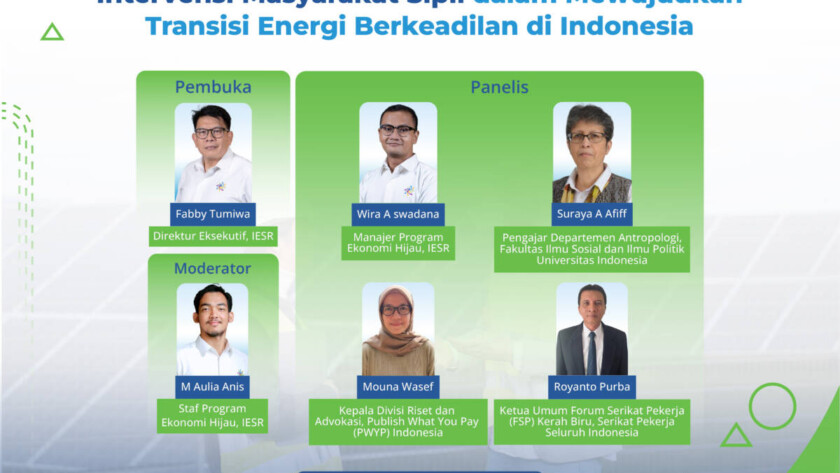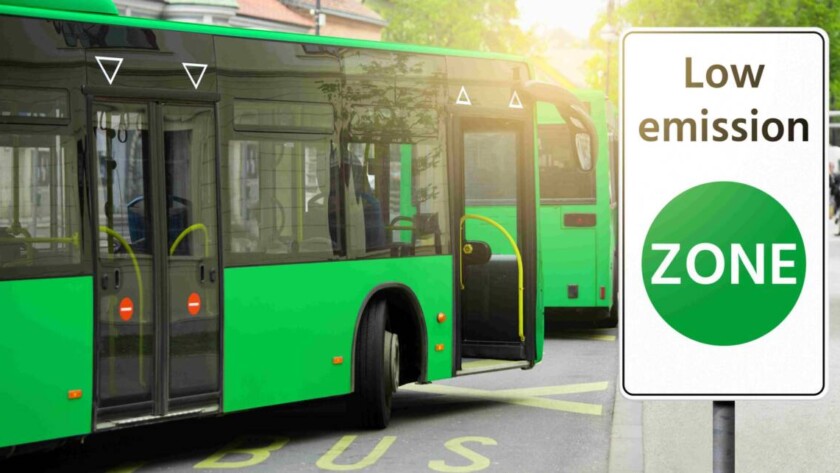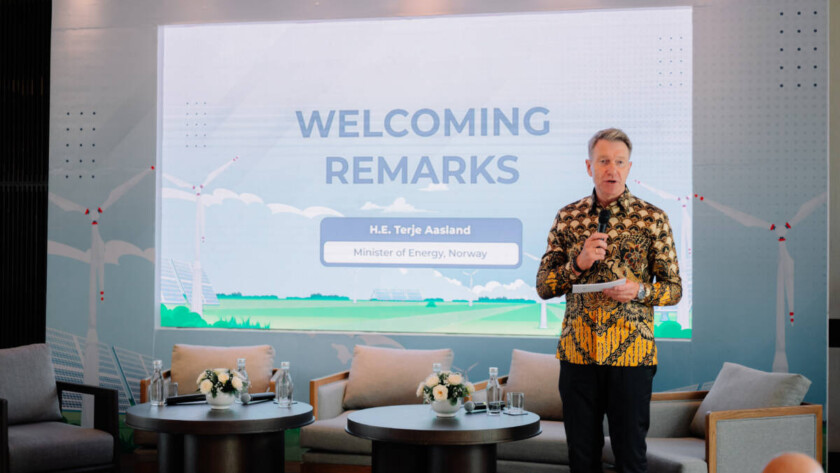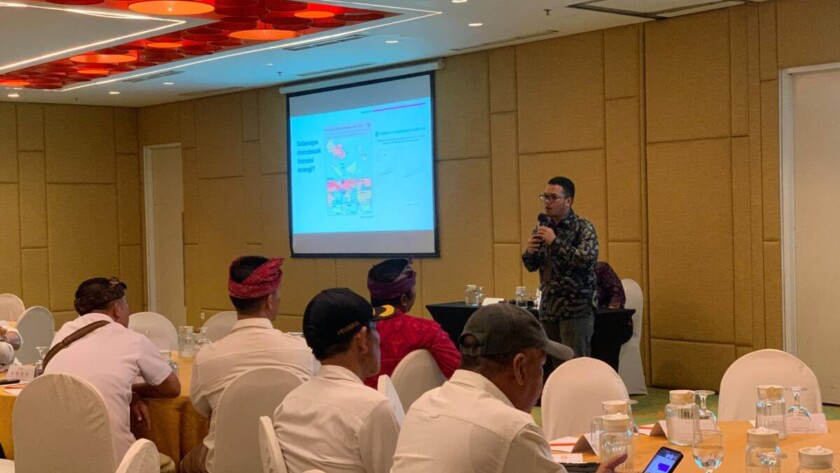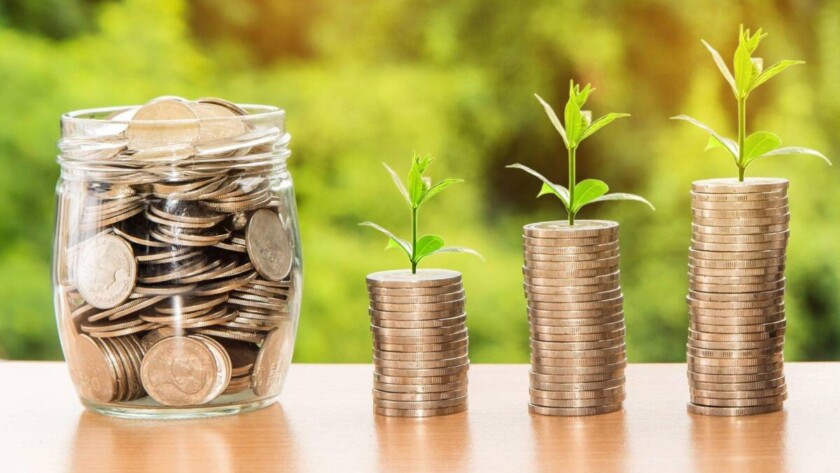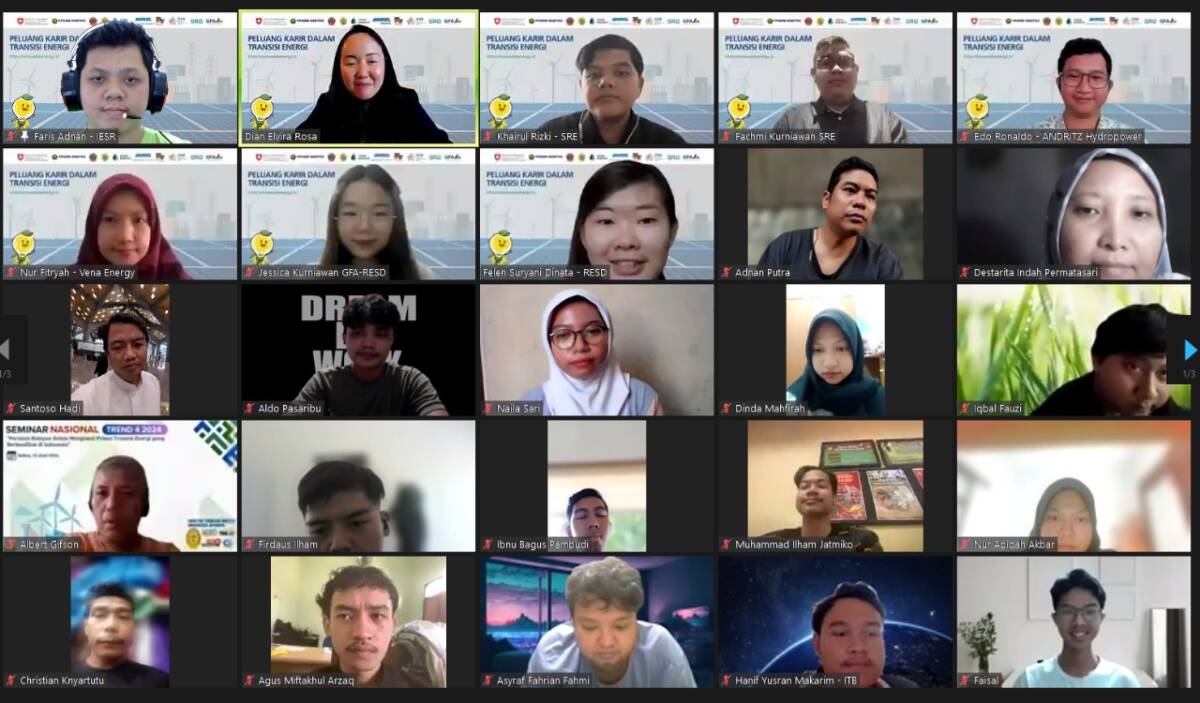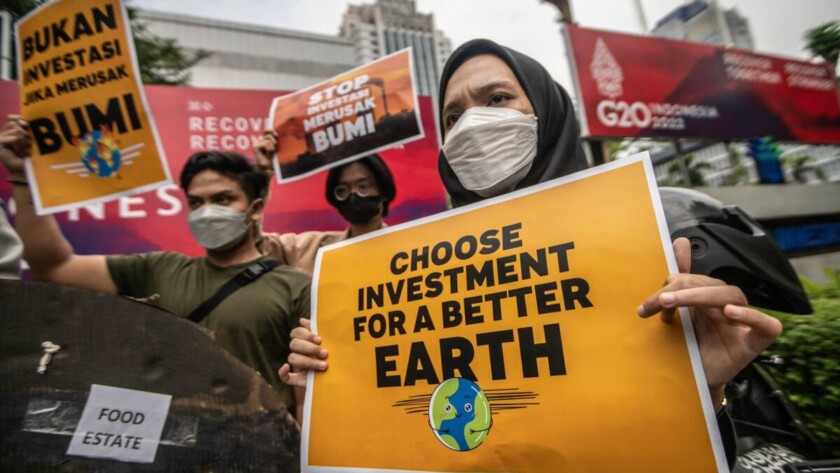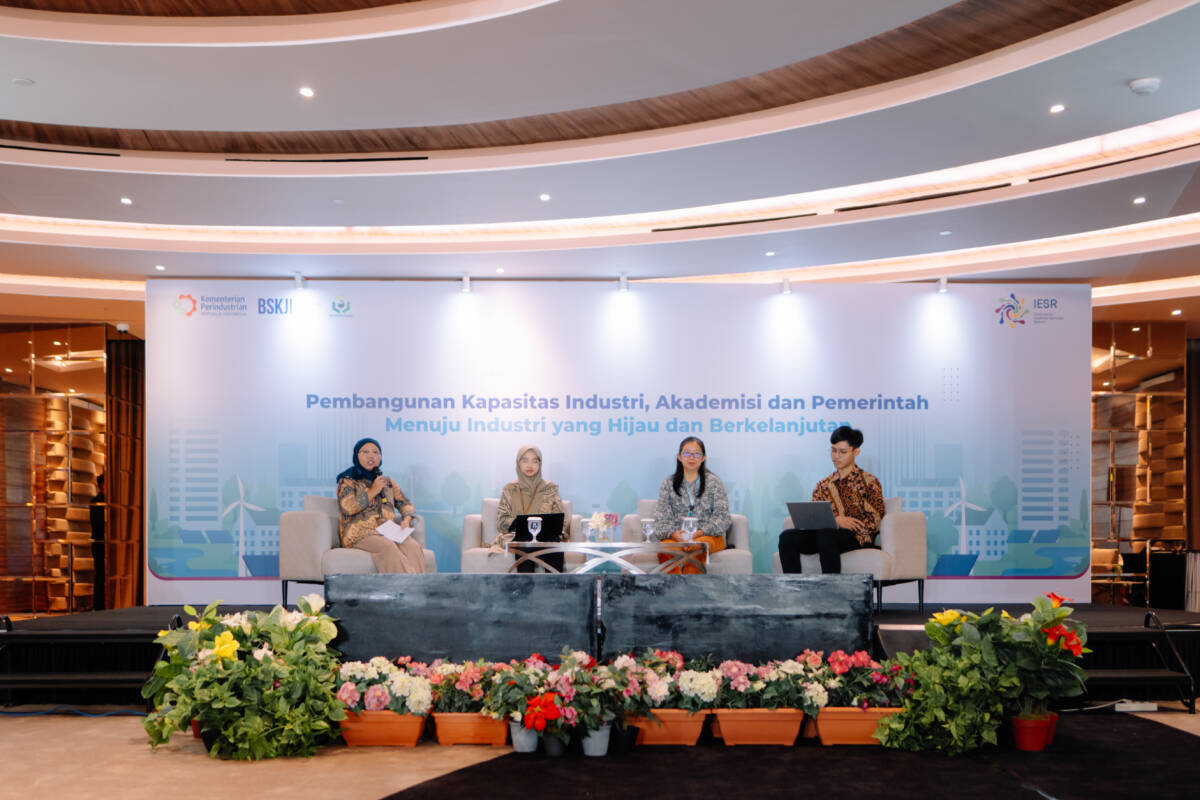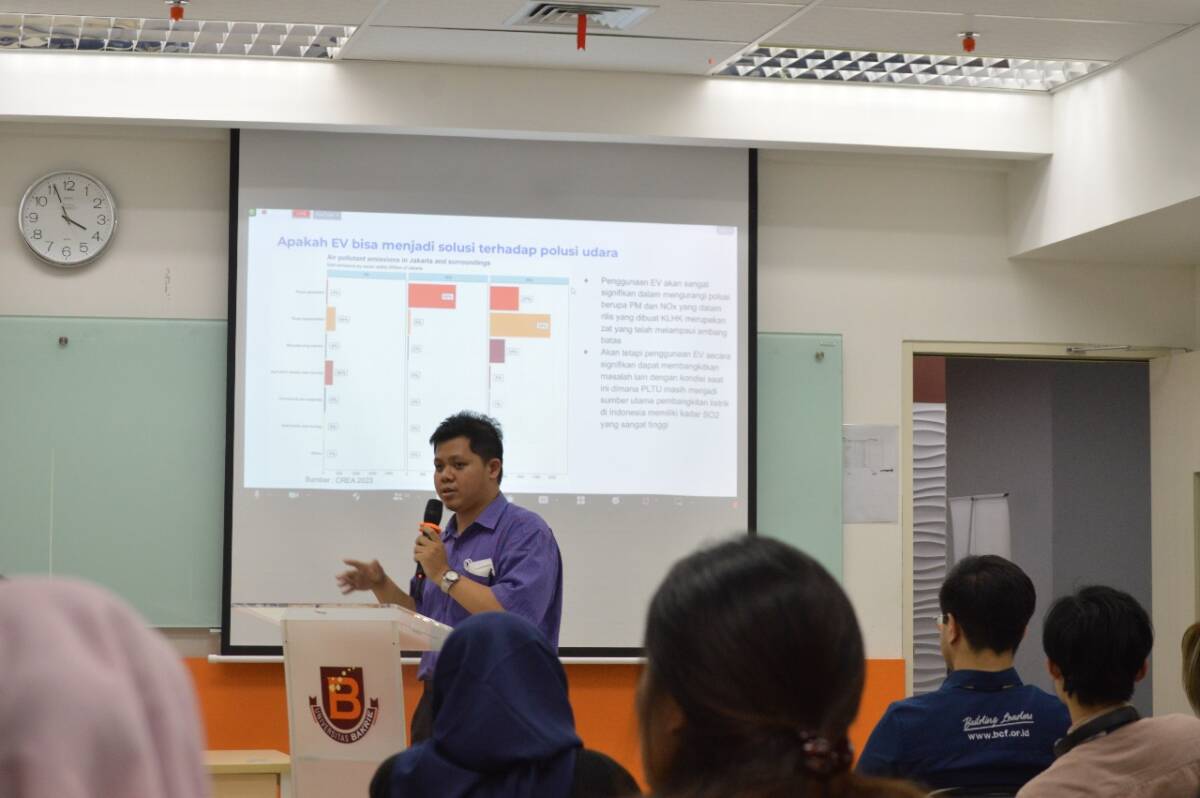Background
Currently, the Indonesian government is drafting the National Medium-Term Development Plan (RPJMN), which is a derivative of the National Long-Term Development Plan (RPJPN) 2025-2045. The document will also be adjusted to the vision and mission of the elected president and vice president for the period 2024-2029. In the latest draft, Indonesia's energy transition policy…
